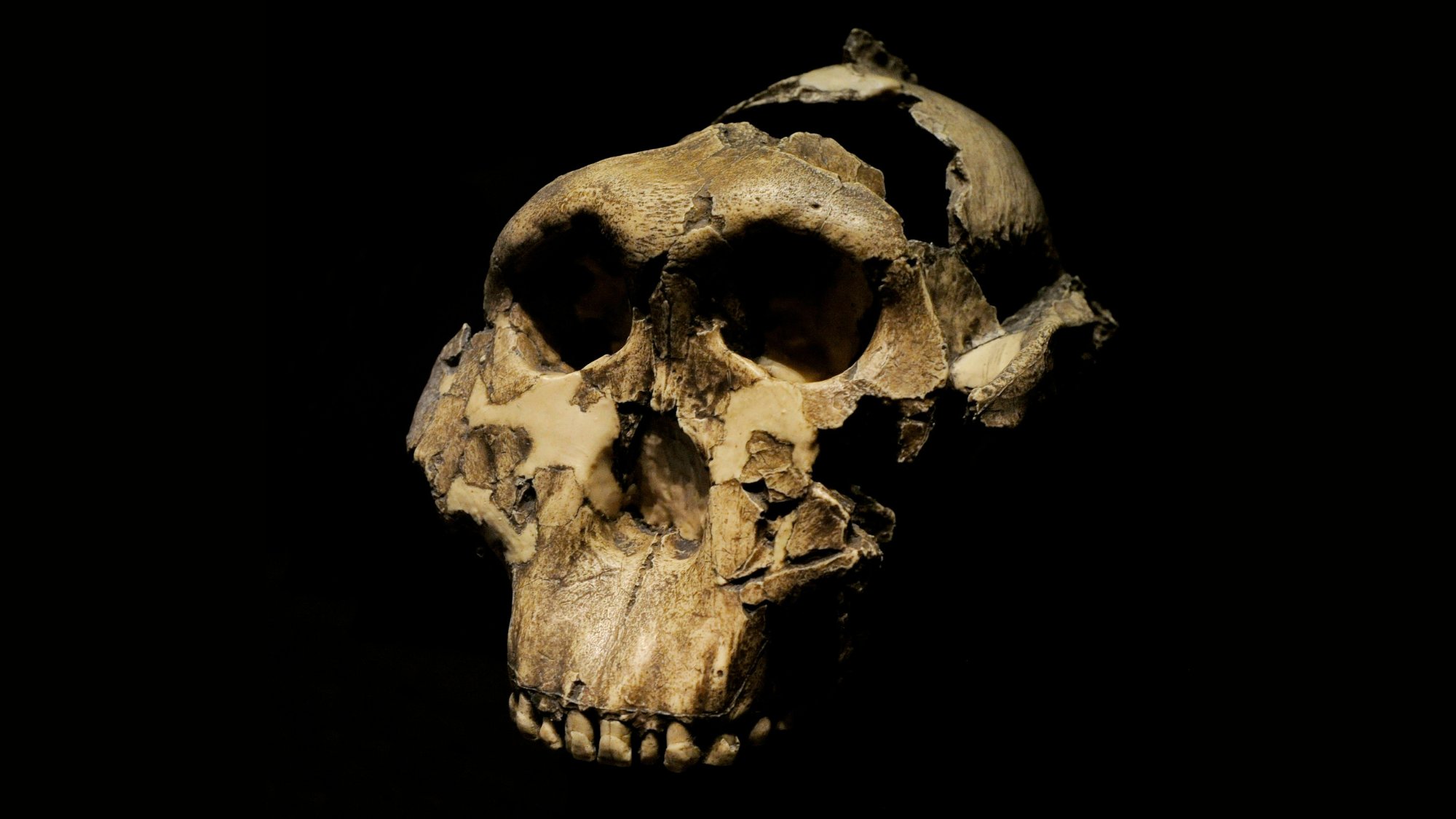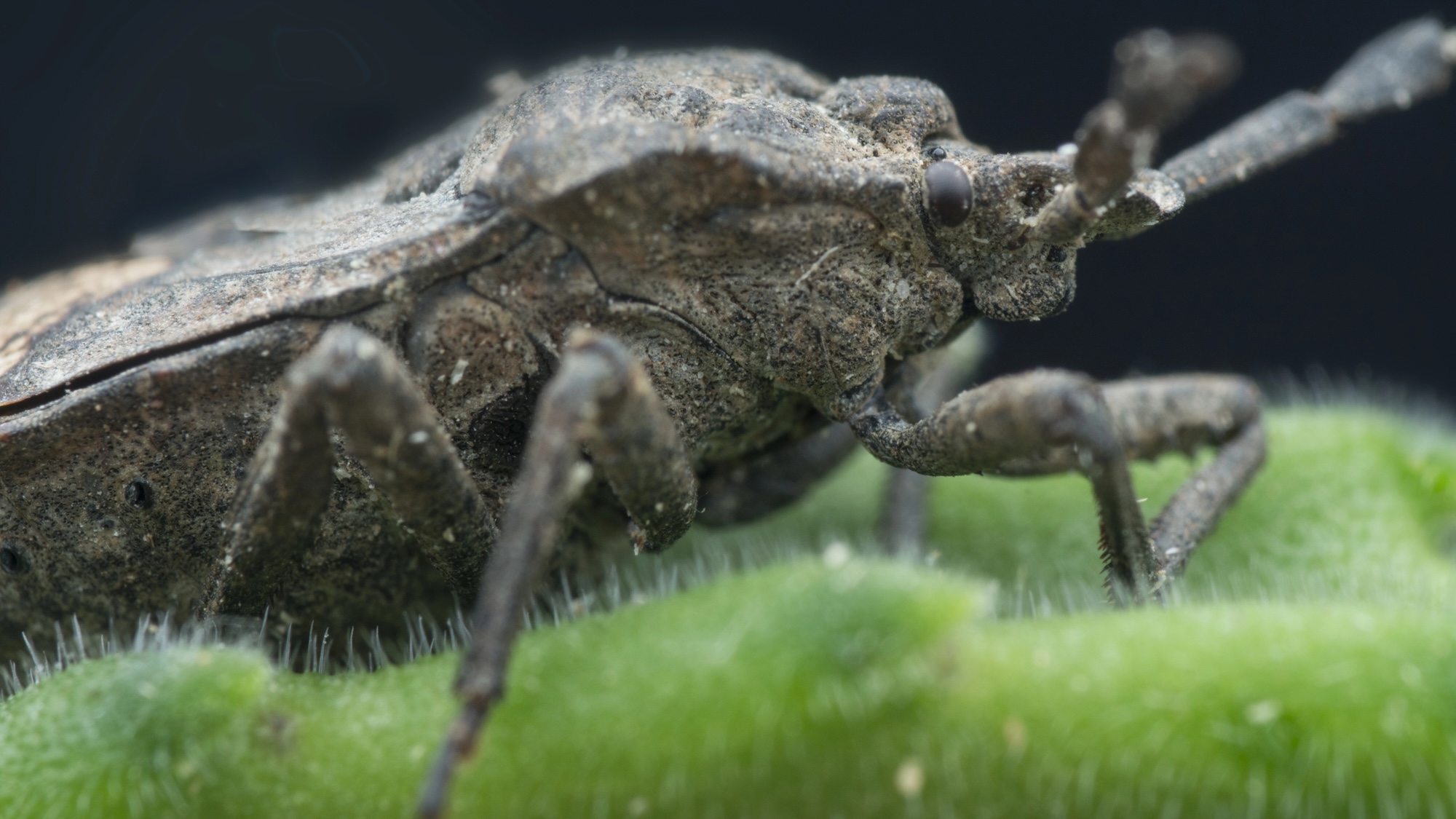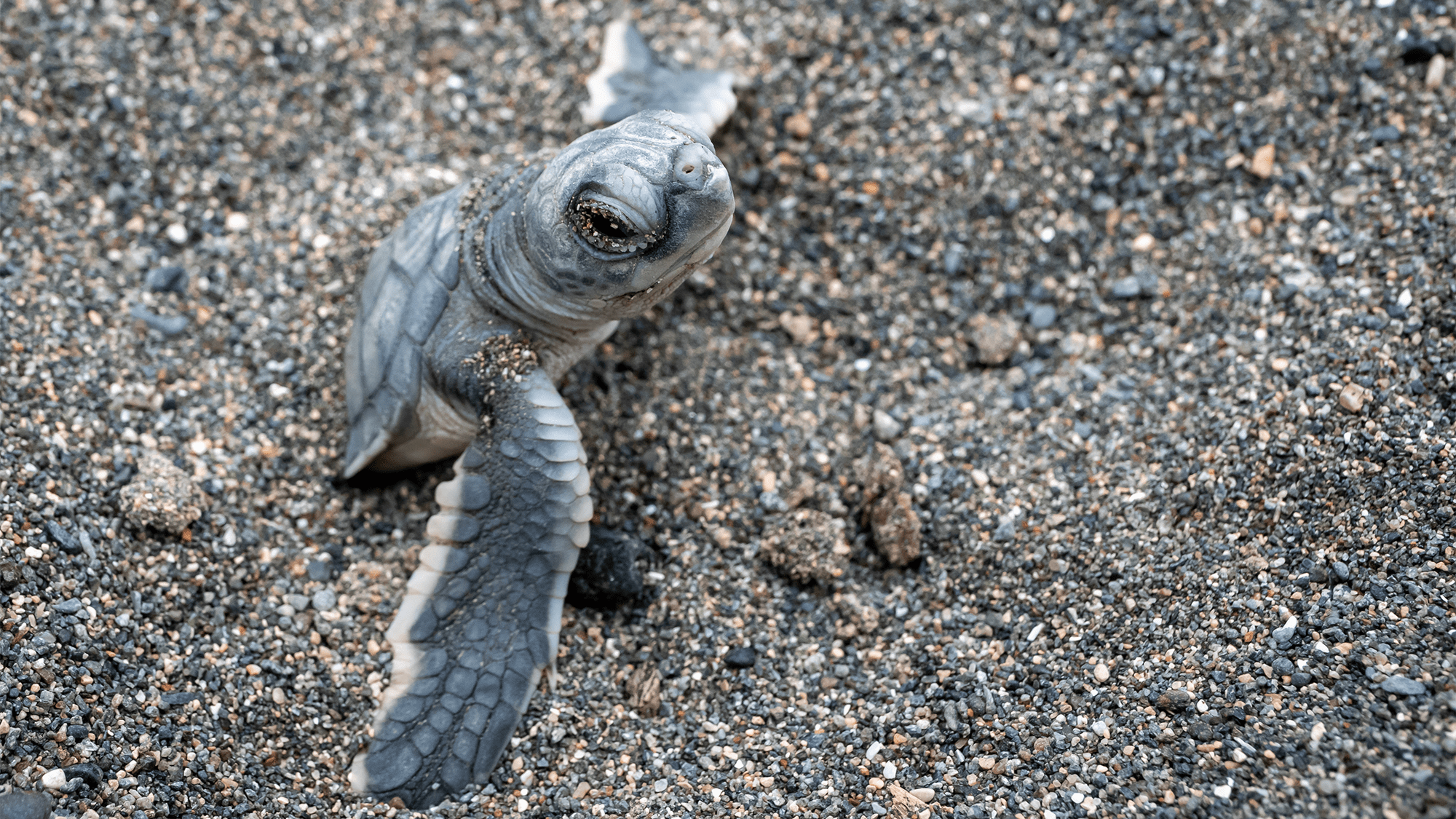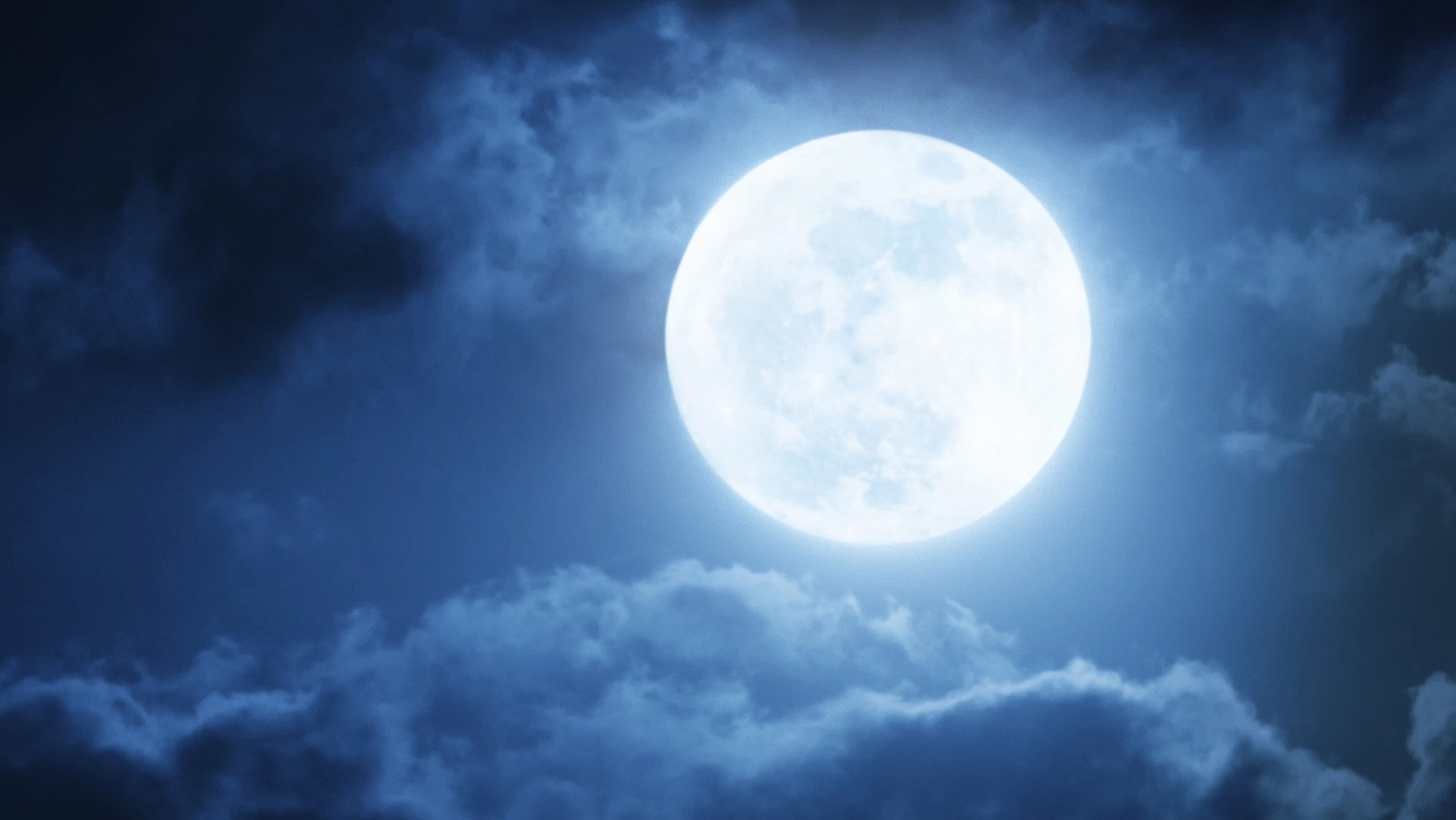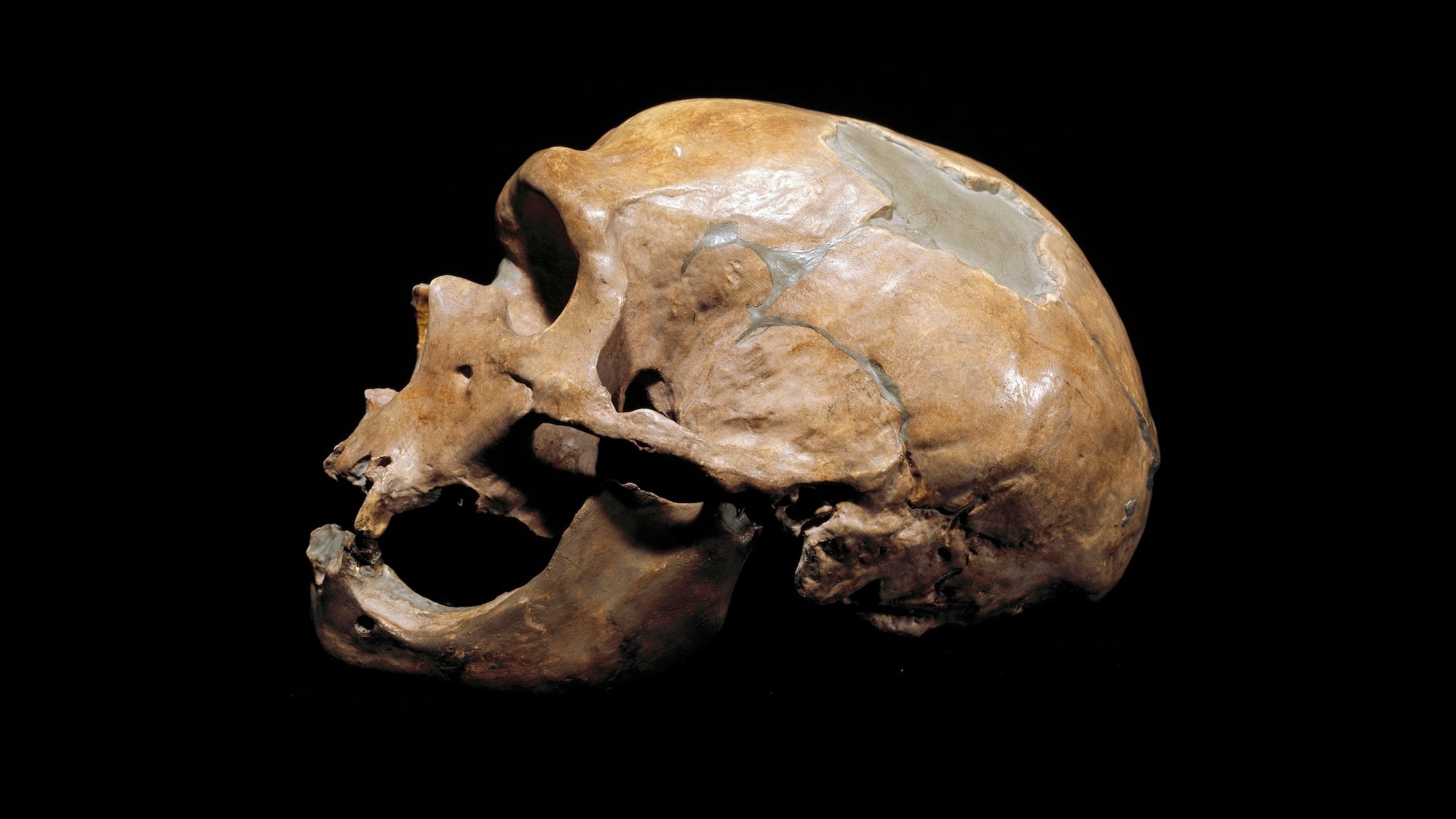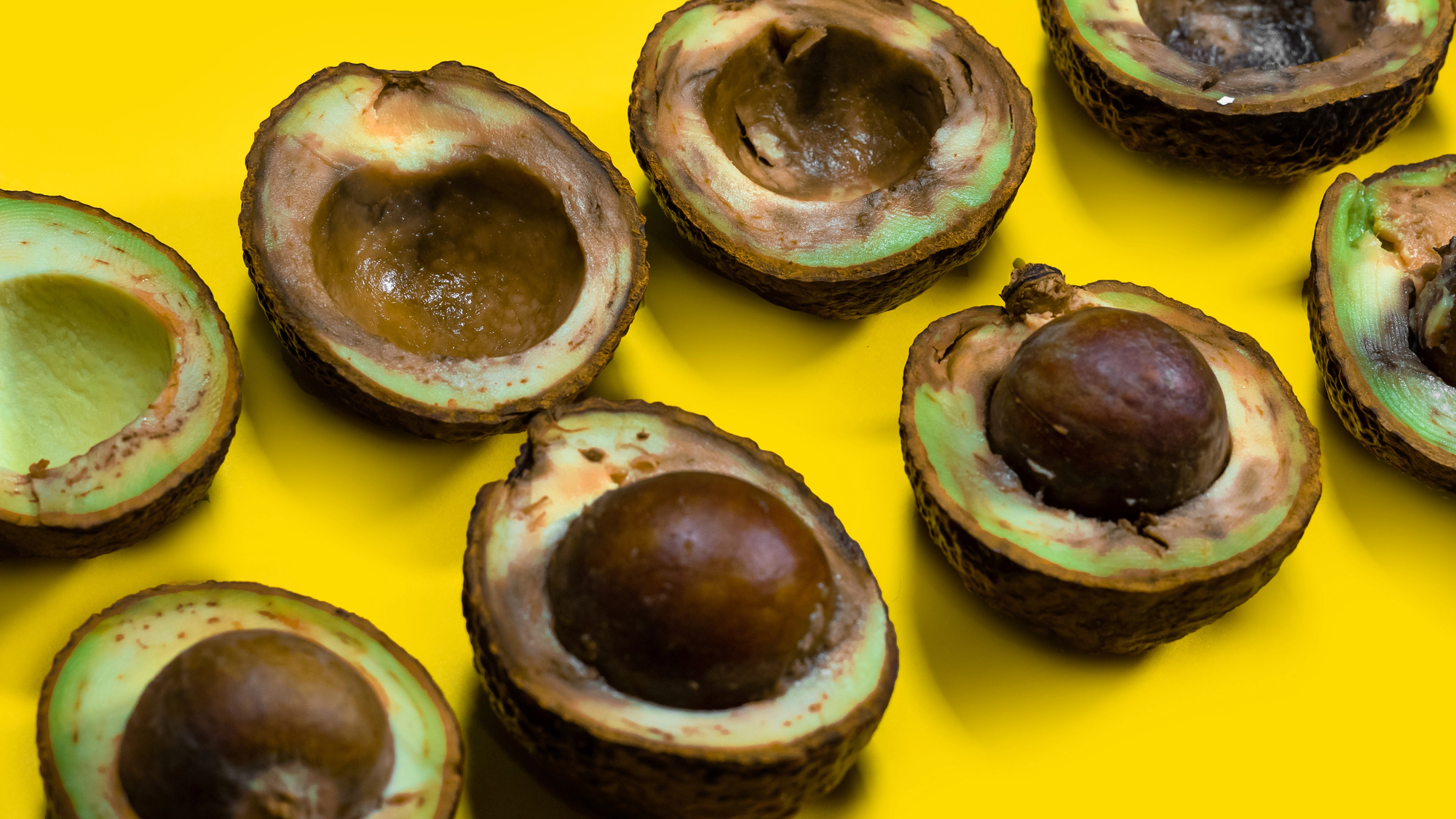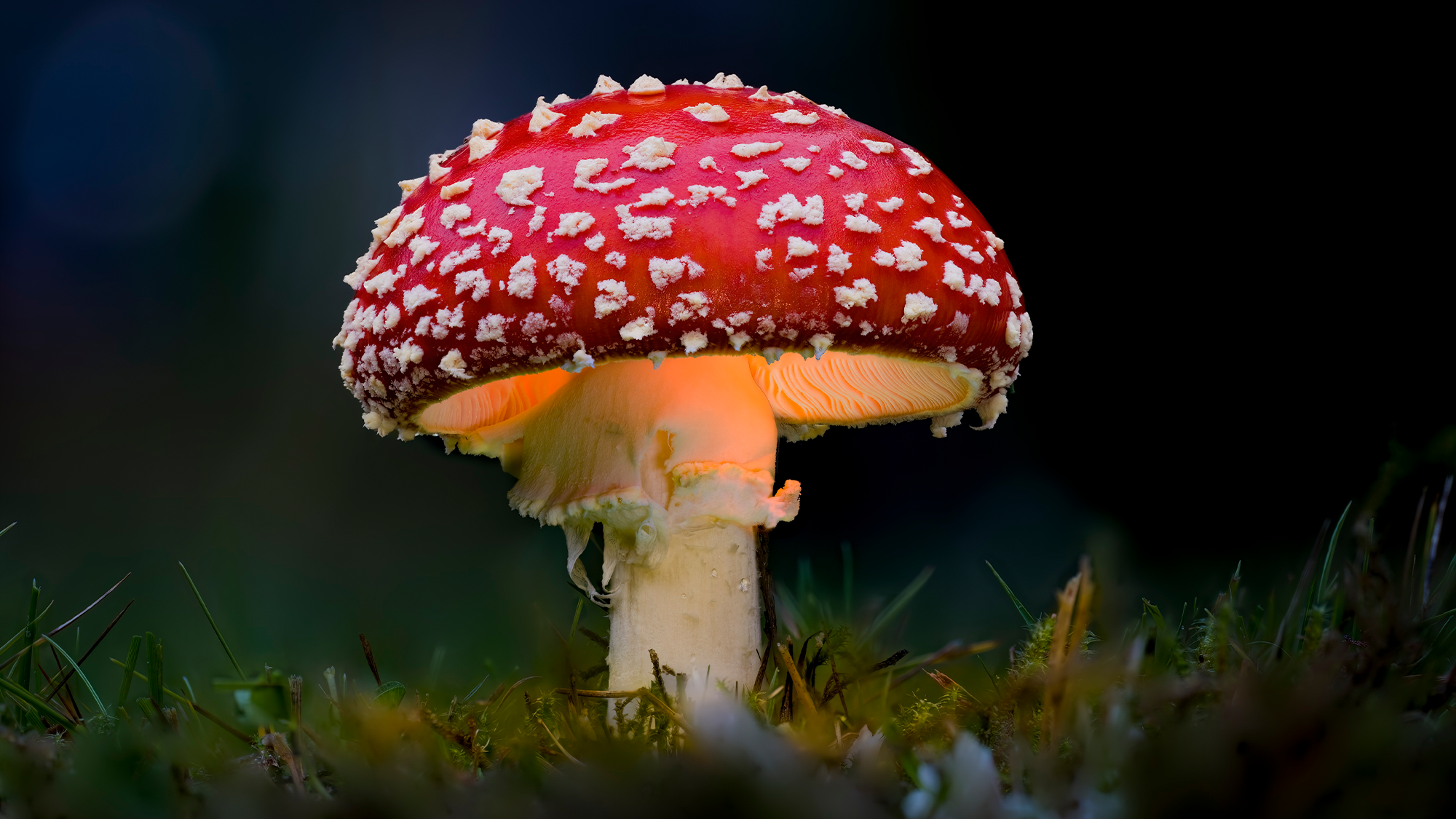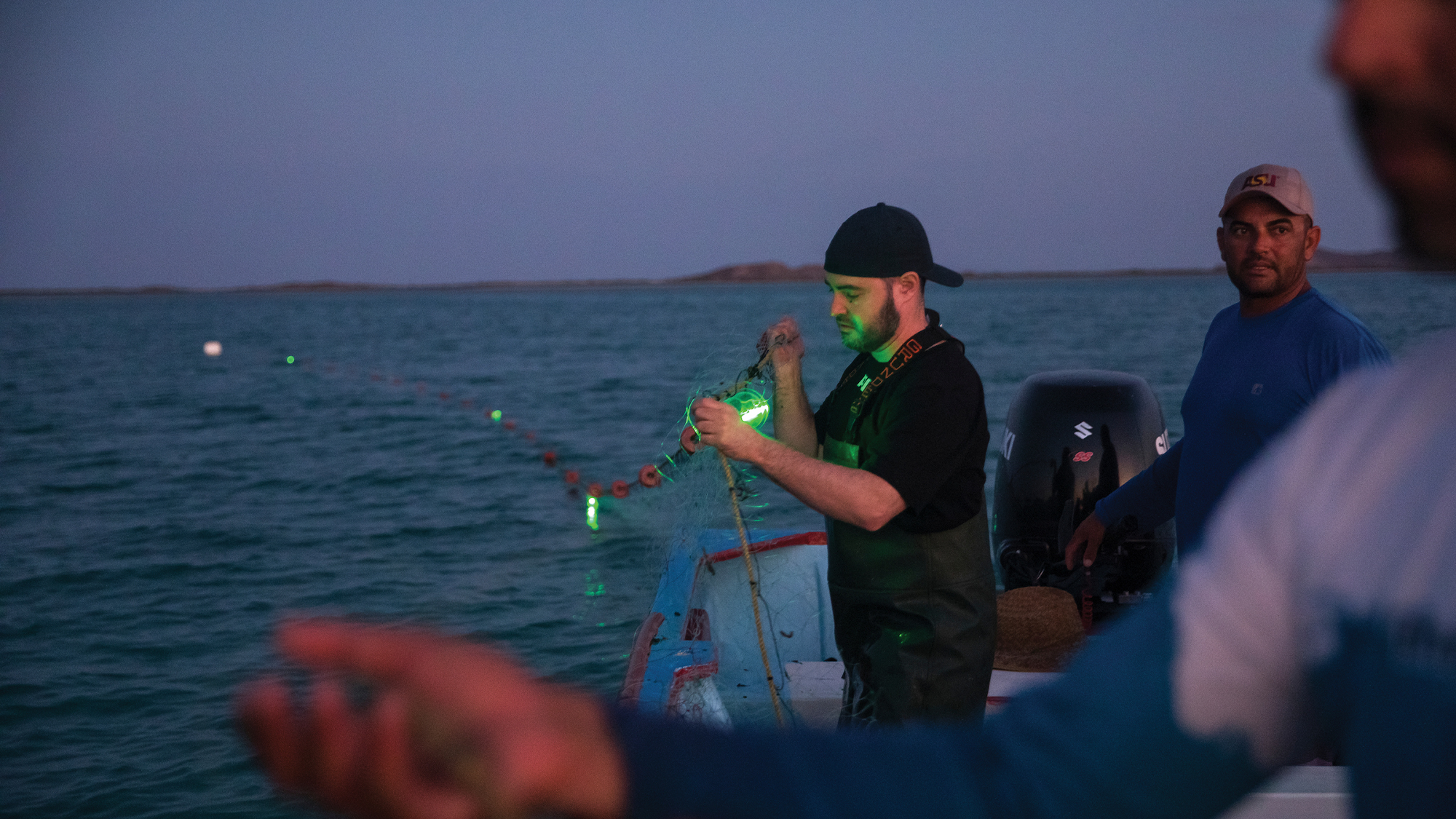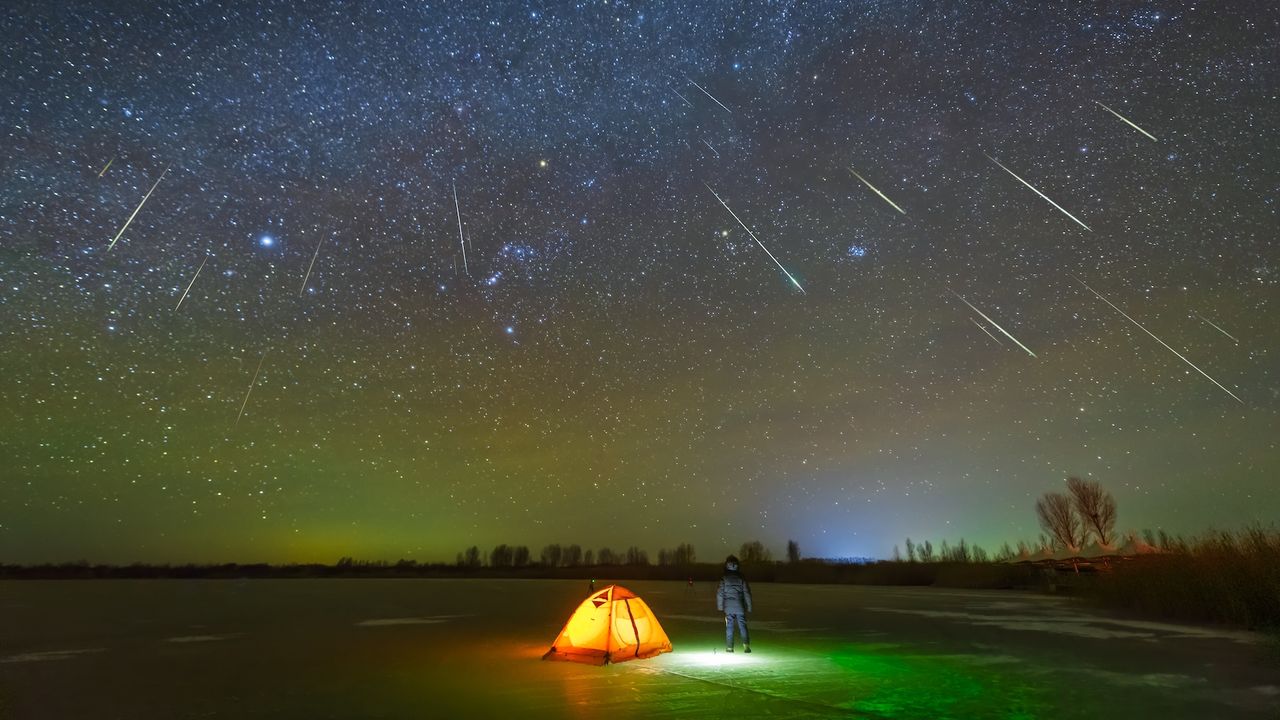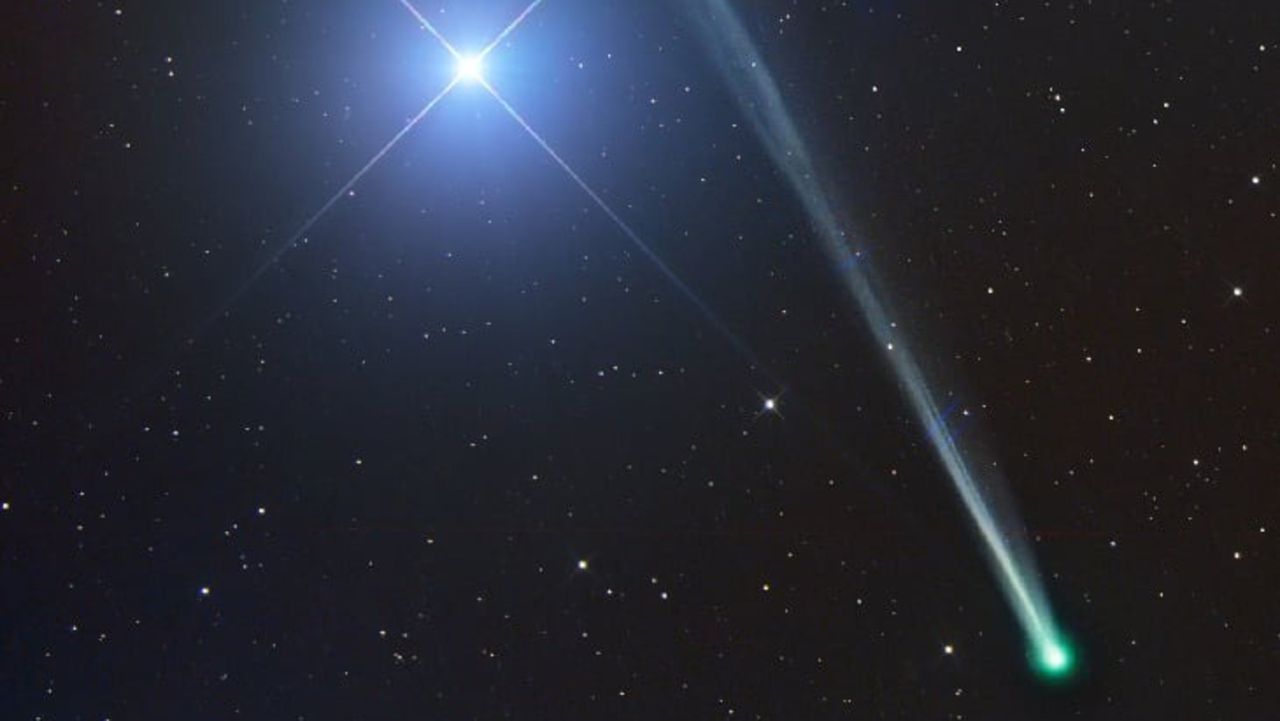Ancient underground freezer unearthed at South Korean castle
PositiveScience
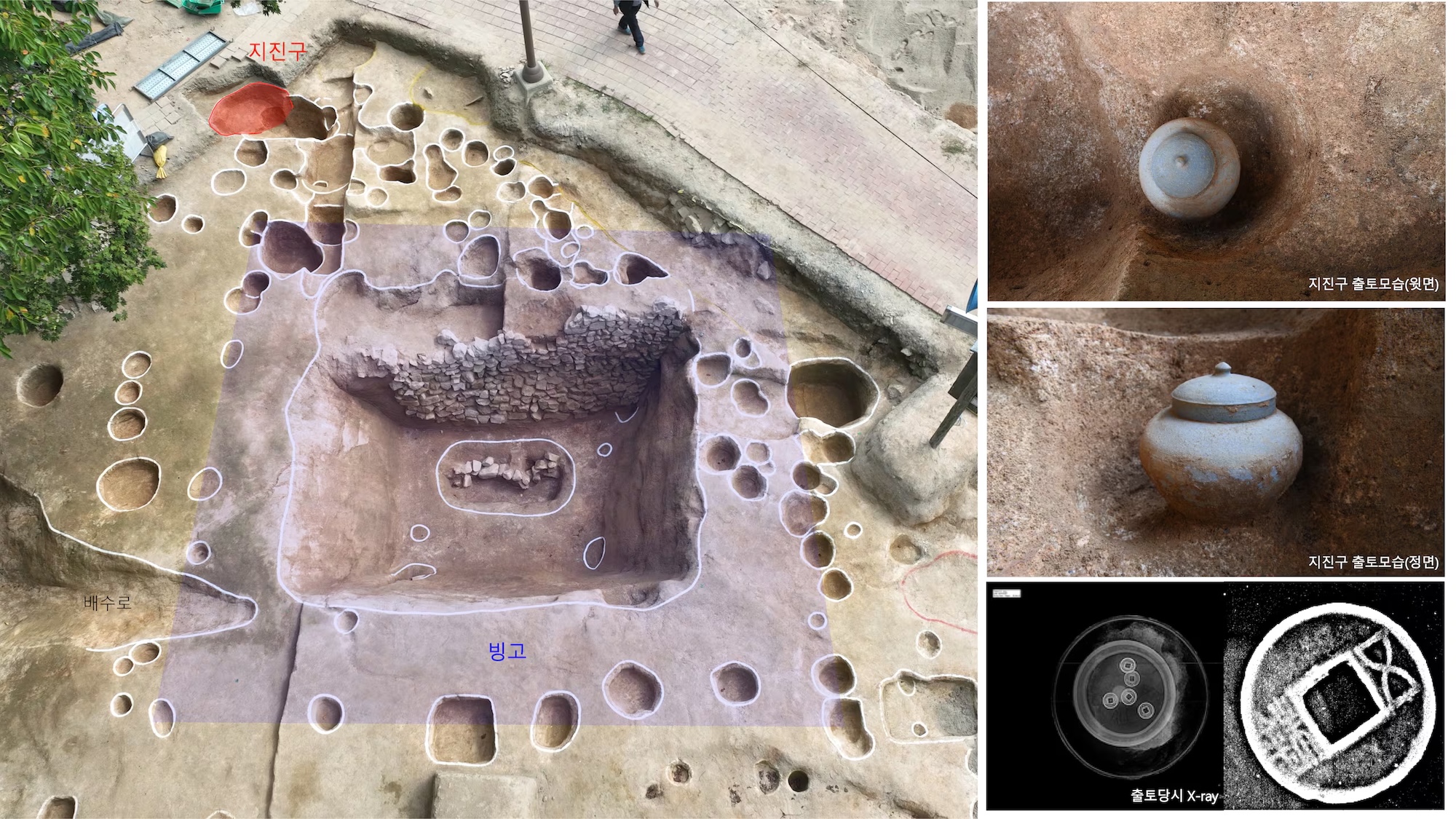
A remarkable archaeological discovery has been made in South Korea, where a 1,400-year-old underground freezer, known as 'bingo', has been unearthed at a castle site. This facility is the oldest of its kind ever found, shedding light on ancient preservation methods and the culinary practices of the time. Such findings are crucial as they not only enhance our understanding of historical lifestyles but also highlight the technological advancements of ancient civilizations.
— Curated by the World Pulse Now AI Editorial System

